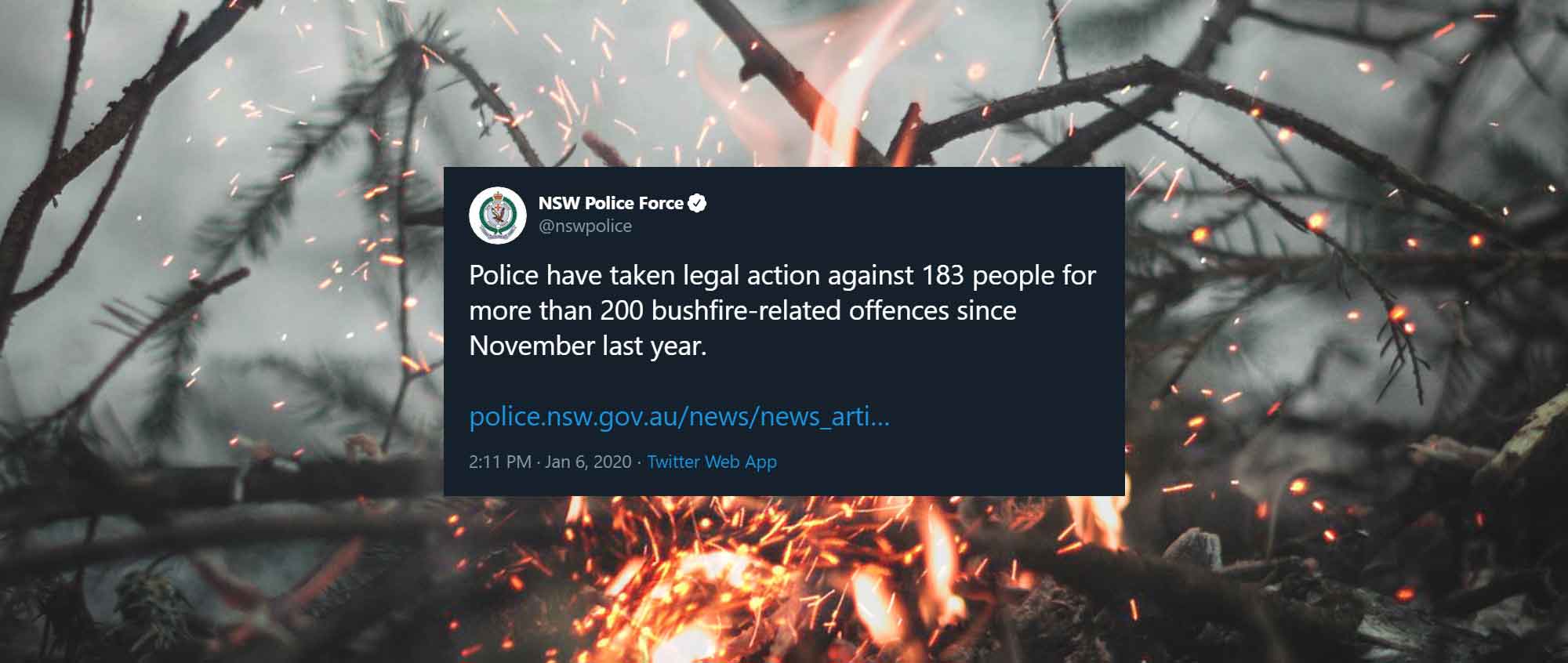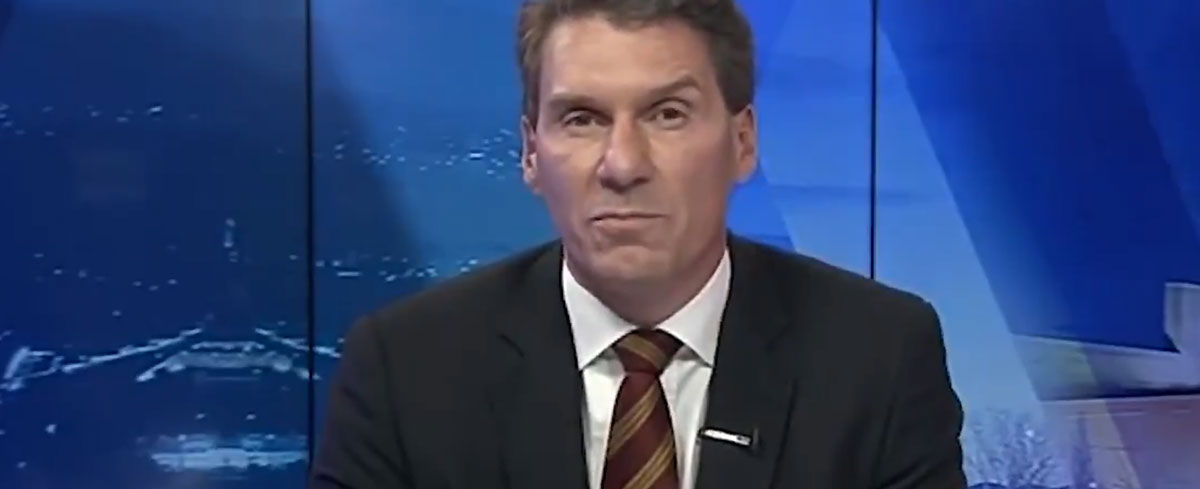At the Parliamentary Press Freedom inquiry on the 14th of this month, Australian Federal Police commissioner Andrew Colvin refused to rule out the possibility of charging Walkley-Award winning NewsCorp Journalist Annika Smethurst for publishing leaked Intelligence documents in April last year.
Colvin’s refusal comes despite a directive from Home Affairs Minister Peter Dutton on August 9th:
I expect the AFP to take into account the importance of a free and open press… before undertaking investigative action involving a professional journalist or news media organisation in relation to unauthorised disclosure of material…
Smethurst’s reports included a proposal by Home Affairs Secretary Mike Pezzullo to give the Australian Signals Directorate (ASD) powers to secretly spy on Australian citizens in order to catch criminals. The ASD was created as a statuary agency in 2018 following the recommendations of a 2017 Intelligence review:
Under the plan, emails bank records and text messages of Australians could be secretly accessed by digital spies without a trace, provided the defence and home affairs ministers approved.
Pezzullo’s proposal relied on Government hackers to access critical public internet infrastructure and in theory represented a significant expansion of the powers afforded to the ASD, as it currently operates abroad exclusively.
As a reward for lifting the veil on Pezzullo and the ASD, Smethurst’s home was raided for seven hours by the Australian Federal Police (AFP) in June this year. The warrant, approved by an ACT magistrate gave powers to search her home, computer and mobile. This came only one day prior to the AFP raiding the ABC for publishing their 2017 scoop ‘Afghan Files’, detailing clandestine Australian special forces operations and extra-judicial killings in Afghanistan.
The AFP’s official statement concerning the Smethurst search warrant read:
The activity is in regard to an investigation into the alleged unauthorised disclosure of national security information that was referred to the AFP.
The timing is certainly strange considering the publication took place several months prior and being so close to the ABC raid. If I were a gambling man, I’d put a few quid on ‘intimidation.’
Pezzullo told the committee that the ASD leaker should ‘go to jail,’ and was clearly playing ‘Canberra Games.’ Fighting words from the bloke who’s initial hot-take on Smethurst’s scoop was “there’s no whistle to be blown here” and shrugged it off as inaccurate reporting.
There is great irony when Pezzullo ruminates from a tax-payer funded position over a leaked policy he authored to secretly spy on Australian citizens. Rather than acknowledging the over-reach, in what is perhaps a testament to the mindset of unaccountable government officials, he calls for the jailing of the bureaucrat who leaked the proposal. It’s difficult to argue there’s a better display of Canberra Gamesmanship than trying to lock-up the people you tried to spy on.
Well, what’s to be learned?
Firstly, the leaked proposal personifies so much of what is wrong with it. Public organisations have an extraordinarily poor record of maintaining network security, particularly when hiring outside contractors to execute a project and to operate under the assumption that expanding ASD power doesn’t simultaneously and proportionally enlarge the incentives and powers of hostile actors is to ignore history completely.
The security of the data is always as safe as its weakest link, and so to rely on all government-friendly hackers to act as benevolent interjectors is naive at best. Especially when the architects of the proposal are so keen to intimidate those who believed it to be antithetical to Australian values in the first place. It is entirely possible that the Government hackers and other employees of those like Pezzullo who so vehemently inveigh against press freedoms are likely to invoke their own powers for some rewards, financial or otherwise.
This argument only echoes the need to protect Julian Assange, and the Government’s refusal to lobby for his safe passage shows just how morally purblind the State is towards corruption-uncovering journalists. When the CIA and NSA are unable to safe-keep their own data, with budgets and brainpower far outweighing Australian agencies, how can we with any degree of certainty rely on domestic Intelligence to do so? We are all that much safer knowing what everyone else knows.
Secondly, the Inquiry and focus on Smethurst’s disclosure has only further illuminated how scarcely protected press freedoms really are. As Denis Muller has pointed out, the Australian Government has legislated two diametrically opposed positions, except the scales are heavily tilted against journalists and whistleblowers.
On the one hand, around 75 national security laws lay the foundation for state-secrecy and outline the penalties for leakers. On its finger-missing, frost-bitten counterpart, buried deep within the Criminal Code Act is an abstract whistleblower defence for Journalists, which provides protection only if:
…the defendant was acting in the capacity of a journalist reporting news, presenting current affairs or expressing editorial or other content in news media, and..reasonably believed that receiving and publishing the information was in the public interest.
Of course, the wording of the defence is so acutely vague, that what constitutes a ‘journalist’, ‘reasonable belief’ and ‘public interest’ ultimately isn’t decided by the court of public opinion, but by a court of criminal law. It would be difficult to make a case that doesn’t linger in ethical penury which contends that the public’s interest isn’t tied to knowing who is spying on them. Smethurst should have been exonerated well before the press inquiry, however, it presented a perfect opportunity for the AFP to declare in unequivocal terms it’s allegiance to Australian citizens first and foremost. It chose not to.
These are of course very pressing and immediate issues, however, there remains an ominous cloud over the whole ASD scandal. Although the Australian Government or Intelligence services may not be entirely rogue or divorced from consequence, we need not look very far to see examples where agencies wander off. Between the NSA spying scandal and various clandestine CIA operations, it’s obvious that taxpayer-funded intelligence agencies can be weaponised when given the means or authority to do so.
Considering the instability of data warehousing it is difficult to say with any conviction that Australians are any safer with expanding ASD powers. What can be almost guaranteed is that ordinary citizens drop one rung lower on the information ladder and become relegated to a chess piece ready to be leveraged in negotiations occurring in lands far away.
Journalists like Smethurst and Assange should be protected at all costs, they are shining lights in an otherwise secretive and sordid landscape. They should be venerated, not detained and raided.

















